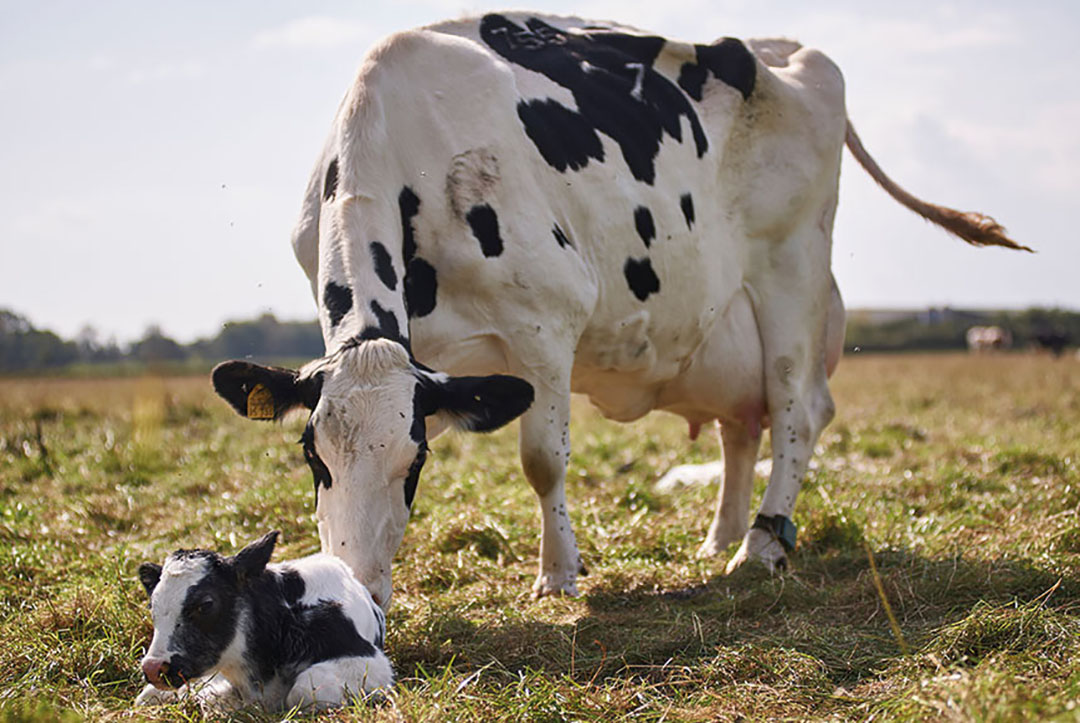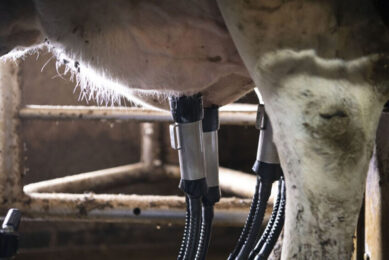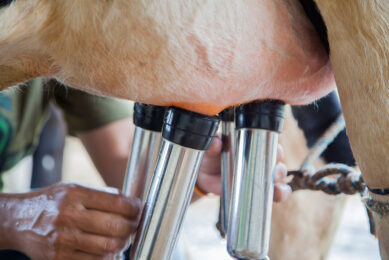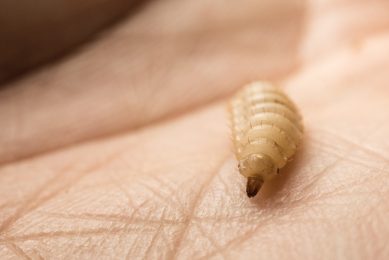Improving dairy cow reproduction through nutrition

Significant reproductive and performance benefits have been achieved in dairy cows by adding a yeast probiotic to their feed rations, according to the results from a major French trial in which the probiotic boosted conception rates and milk yields.
Dairy farmers are constantly seeking to improve cow health and welfare, reproduction rates and milk yields. Advancing cow longevity and the number of productive lactations is also important to producers as they cope with ever-tightening margins.
In addition to helping spread heifer replacement costs over a maximum number of productive years, multi-lactation cows are also more likely to reach their genetic potential than those which only calve once or twice. The highest average milk yields, for example, are routinely achieved after the 3rd lactation.
Early culling linked to reproductive failure
The increasing use of beef genetics on dairy farms is another rising trend, designed to boost the meat value of calves born to cows which aren’t required to breed dairy replacements. This is only possible, however, when farmers are sure of getting strong reproduction from their best milking cows, with reproductive failure identified as the main reason otherwise valuable cows are culled early.
Good reproduction in high-yielding dairy cows results in greater lifetime milk output, more calves, lower replacement costs and lower relative breeding costs. A Dutch dairy study reported that raising reproductive performance can increase net profits by € 34 to € 231 per cow.
Fertility is affected by several factors, including genetics, nutrition, welfare, stress at calving, heat stress, negative energy balance and so on. This is the context, therefore, in which adding probiotics to diets could help improve overall cow health and may have a positive effect on reproductive performance.
Large scale and long term published study shows significant yeast probiotic impact
Trial results show that supplementing dairy cows during transition with the yeast probiotic Actisaf Sc 47, significantly reduces inflammatory markers around calving and BHBA blood levels. It also appears to increase feed intake before and after calving. Given that negative energy balance and systemic inflammation around calving can seriously affect future fertility rates, it’s estimated that supplementing diets with yeast probiotics may help improve reproductive performance.
To further assess the reproductive impact on dairy cows of supplementing diets with a yeast probiotic, the animal genetics and reproduction technologies group, Gènes Diffusion, and the animal care company, Phileo by Lesaffre, carried out a large-scale study involving approximately 2,500 dairy cows. Spread across 14 French farms and conducted over 3 years, the study involved probiotic supplementation being given to lactating cows, mixed into their daily ration, at a rate of 5g per cow.
Key gains identified in supplemented cows
Study results revealed statistical differences in production and reproduction, with supplemented multiparous cows achieving significantly higher artificial insemination success rate at first insemination (36% vs 31%) (Figure 1) and significantly lower number of inseminations per pregnancy (2.7 vs 3.1) than cows in a non-supplemented reference period covering the previous 2 years (Figure 2).
There was also an increase in milk fat and protein yields (2,246 vs 2,360g/d) in supplemented cows and an extra 1.5 litres per cow per day of increased milk production.
The study concluded that supplementing dairy cow diets with the yeast probiotic not only improves milk production and milk solids but also boosts dairy cow fertility and may contribute to greater longevity. As for the cost benefits of supplementation, the calculated return on investment (ROI) from using the probiotic during the study period, was 6:1.
Authors: Mohamed Mammeri, PhD, Global Product Manager, Phileo by Lesaffre & Valentin Nenov, PhD, Global Ruminant Manager, Phileo by Lesaffre.
References are available from the author on request






